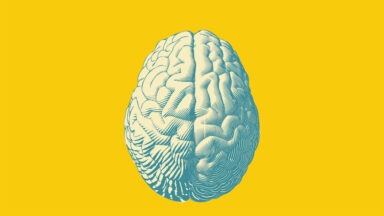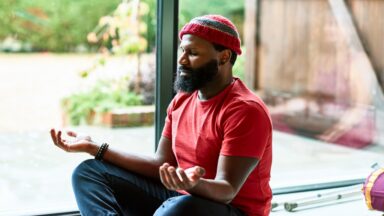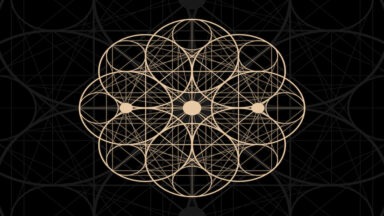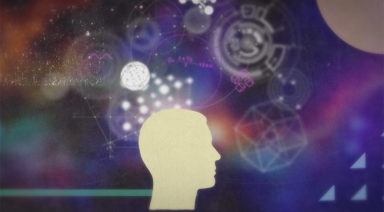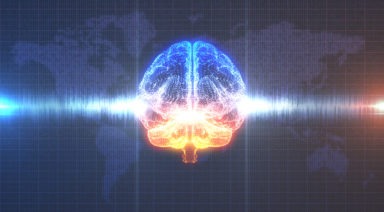Is Psychedelic Tourism Destroying the Sanctity of Plant Medicine?
As psychedelic healing and plant medicine go more mainstream, luxury psychedelic tourism is on the rise—good news for the spread of this medicine, but how might over-commercialism affect this sacred practice?
A recent Bloomberg article highlights the rise in all-inclusive psychedelic retreats. Indigenous plant medicine has been around for centuries, and its health benefits have been scientifically demonstrated, but as it gains mainstream acceptance and finds a bigger audience, some only see dollar signs.
Bloomberg reports, “according to Data Bridge Market Research the psychedelic market is expected to grow from $3.8 billion in 2020 to $10.7 billion by 2027.”
With the potential to make a lot of money, could some unscrupulous companies capitalize on this trend and remove the sanctity of this practice?
Carlos Tanner is the director of The Ayahuasca Foundation in Peru, he founded the center in 2009 as the result of his own healing journey. “When I started our retreat center, The Ayahuasca Foundation, I was coming off of a seven-year study myself; a four-year apprenticeship where I lived with a curandero and several years after that of studying with other teachers,” Tanner said.
“For most people that were starting centers at that time—which wasn’t many—you were a student first, and eventually after years of study, you came to the point where you wanted to offer this to people from outside of the culture. Now we see people who don’t have very much experience at all, but yet they’re opening a healing center.”
As this budding industry is dealing with rapid growth, there are some complicated issues regarding its increased popularity.
“When it comes to the commercialization of substances that have an ancestral background I would say that it is a delicate situation, and I hope that there would be a benefit to those indigenous populations from which those traditions were orignated. But at the same time, I know many indigenous people and they are for the spreading of what they believe to be their culture, which oftentimes was something that was looked upon negatively or was degraded as if they were second-class citizens, quite literally,” Tanner said.
“But now having people from the Western world, from the modern world, want to learn or experience elements of their culture, I think gives them a sense of pride. So it’s a complex question, to say the least.”
Watch more:
Ayahuasca Study Shows Breakthrough in Resolving Intercultural Conflict

Can plant medicines heal long-standing, sociopolitical conflicts? A new study brought together groups with deep-rooted enmity for each other in an ayahuasca ceremony—could this be the solution for a more peaceful world?
Plant medicines, including ayahuasca and psilocybin from “magic mushrooms” have become breakthrough therapeutic modalities for treating depression, anxiety, and addiction, as taboos around psychedelics fade and scientists study their effects in sanctioned clinical settings. And now a group of scientists from the US, UK, and Israel has begun to look at ayahuasca as a tool for resolving intercultural conflict. By bringing together Israelis and Palestinians for a group ceremony, the researchers looked for signs of reconciliation and intergroup contact between the subjects.
Dr. Maya Shetreat MD, is a neurologist and herbalist specializing in plant medicine and psychedelic-assisted therapy. She had this to say about the recent study…
“We should definitely be able to experience significant shifts in identity politics because we know that psychedelic medicines like ayahuasca or psilocybin have these ego-dissolving properties that change the way our brains see us, see our identity, and perceive us as being separate from one another,” Dr. Shetreat said. “So, theoretically it’s possible that any kind of identity issues, whether it be political or otherwise, could be more in a place of resolution because people can see past differences.”
Results of this recent study proved to be profound, with several participants reporting visions in which they re-lived trauma from the perspective of those from the opposite culture. And in one instance, a participant was able to embody a single experience from both perspectives.
But while these results held significant weight for those involved, how does this translate at a larger scale?
“You know we have to ask the question, is it really necessary for everyone to be in ceremony and go through a psychedelic experience in order to create change? And actually, I think there’s an argument that it doesn’t take that many people, not everybody has to be in that role and enter that liminal space. The people who are called and the people who are motivated to engage with the medicine have those revelations, integrate, take action, and actually lead other people to see those connections that other people might not be able to see,” Dr. Shetreat said.




